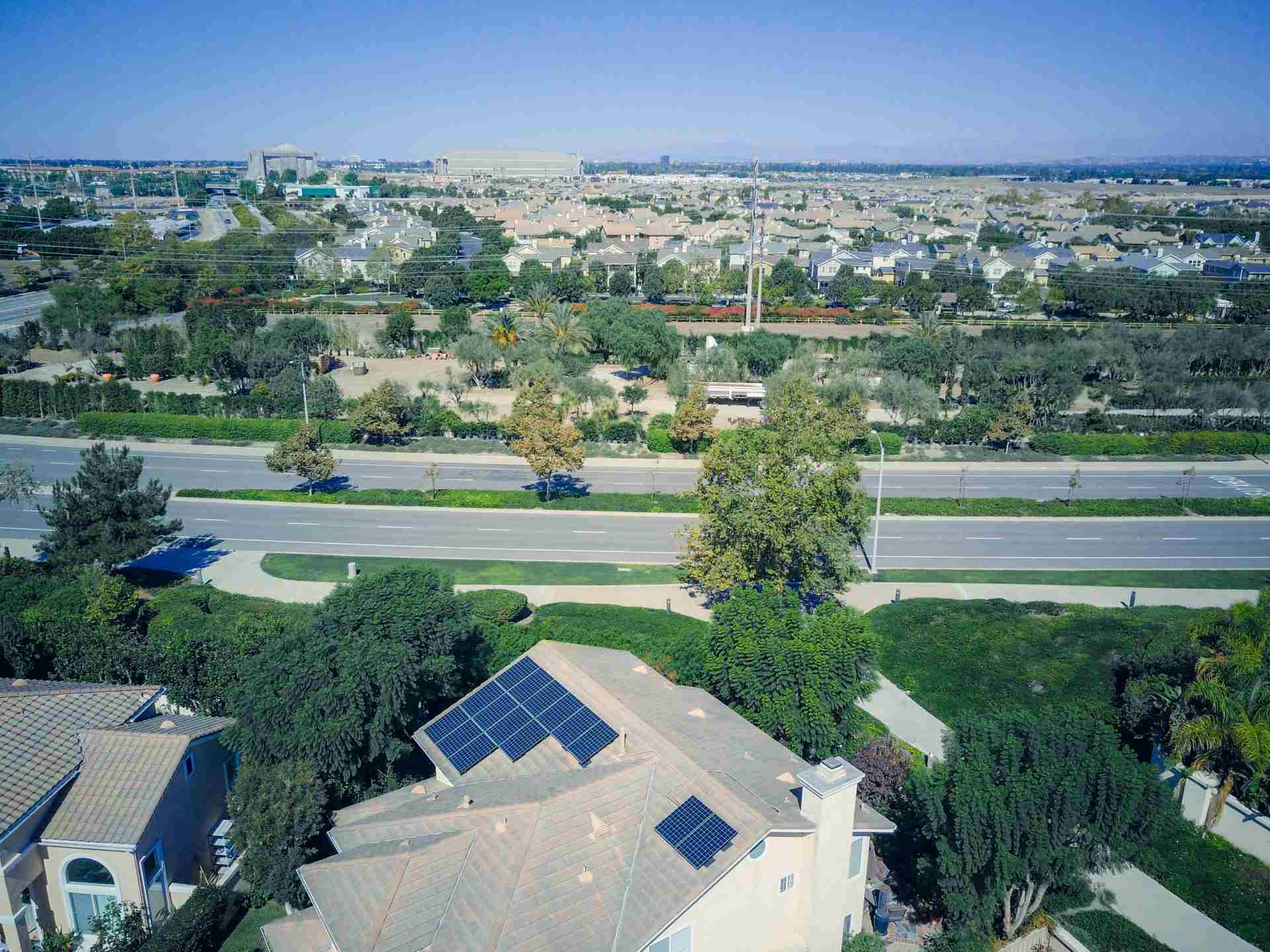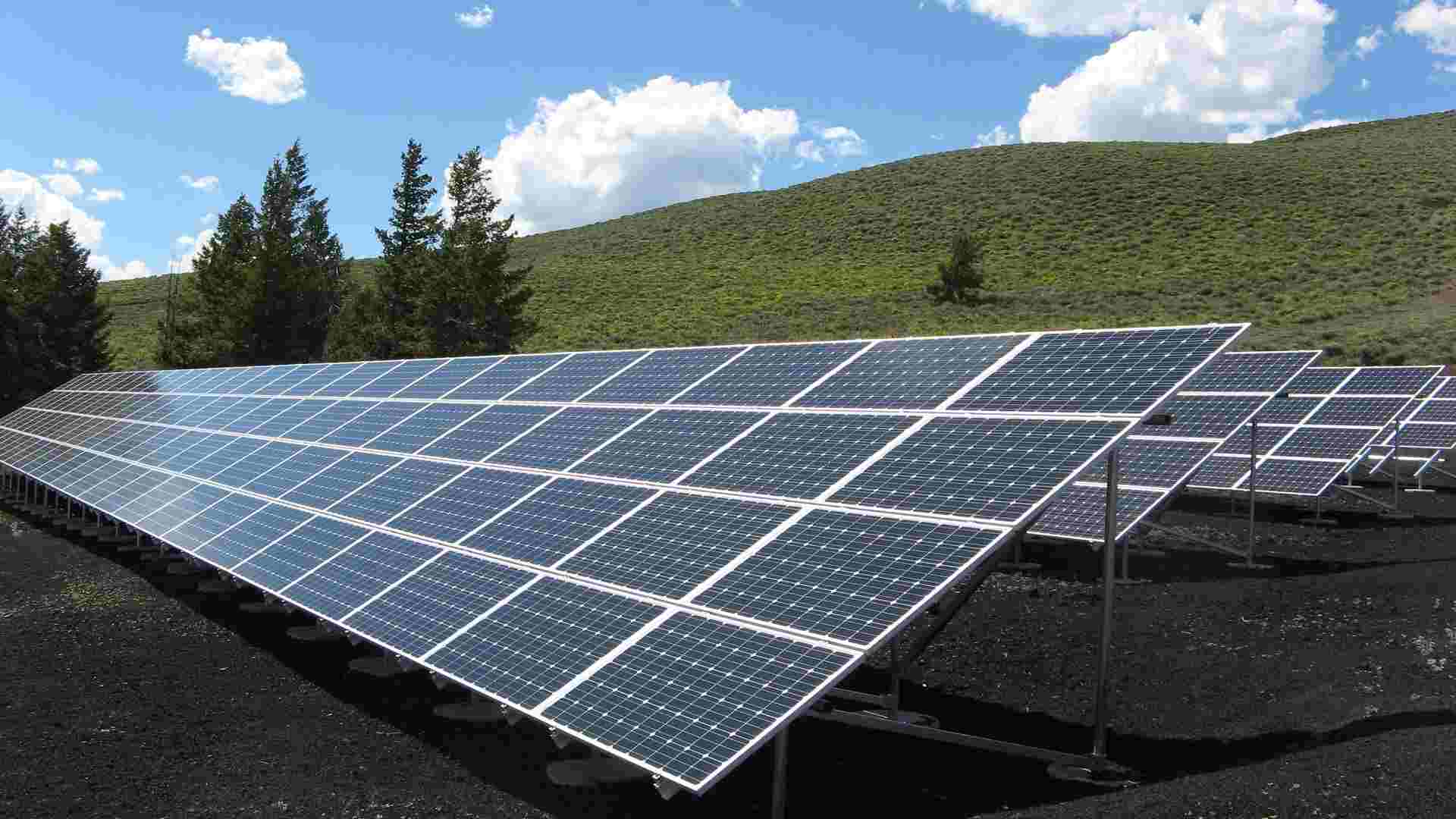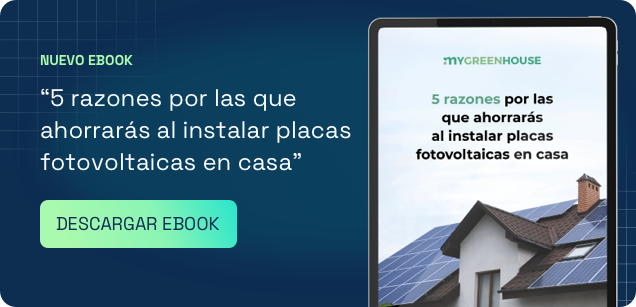The relentless energy price rises, which have surpassed all-time highs in recent months, has boosted demand for self-consumption solar panel installations.
According to estimates by the Spanish Photovoltaic Union (Unef), 68% of Spanish households have been seriously considering switching to self-consumption since last June. This is a decision that, despite the initial outlay, will reap dividends and guarantee significant energy and financial savings in the long term. In fact, in 2020, a total of 596 MW were installed in self-consumption facilities in Spain, almost 30% more than in 2019, and evidence points to the fact that these figures could double in 2021.
In addition to this, last summer, the Spanish government approved an allocation of 660 million euros (with the option of increasing it up to 1,320 million euros) which has been earmarked for self-consumption solar installations, energy storage, and air conditioning with renewable energy. To this end, they have established six grant programmes to distribute a maximum of 900 million euros for self-consumption, 220 million euros for energy storage, and 200 million euros for air conditioning and domestic hot water production with renewable energy sources.
Self-consumption as a savings measure
Self-consumption solar panel installations are an opportunity for both private individuals and companies to tackle the energy price rises. Both types of consumer are even more aware of the potential benefits since the last regulation of electricity prices by time slots. It is clear that this measure has penalized both citizens and companies who cannot adapt their electricity consumption to the times when electricity is cheapest.
One of the main reasons to switch to solar self-consumption is financial, as you can generate your own energy. This is very beneficial in the long term, but it also provides a quick return on the initial outlay. As the energy savings are constant and regular, you will quickly recover the money you have invested, and, from that point on, all the energy you obtain from the photovoltaic equipment will be completely free of charge.
Added to this, many self-consumption installations allow you to feed the unused surplus energy back into the grid and receive a monetary compensation, which means more valuable savings.
Other self-consumption benefits for companies and homes
In addition to helping us to be more autonomous and energy independent, and to avoid the negative effects of current and/or future energy price rises, self-consumption installations have other advantages:
-
Greater power output
Self-consumption photovoltaic systems are designed to meet the highest efficiency standards. Another of their advantages is their greater power output. As the electricity we consume is generated “in situ”, it does not have to travel long distances from the point of production to the point of consumption. In fact, in the traditional electricity distribution model, a certain percentage of energy is lost, and this can oblige us to contract more power to cover this margin, something that does not happen with solar panels.
-
Easy maintenance
Photovoltaic panels are easy to maintain. By checking the elements periodically and carrying out a straightforward clean every six months, your installation will work well, and you will be sure that all its elements will be in perfect condition.
-
Respect for the environment
Self-consumption photovoltaic installations are 100% green and 100% environmentally friendly. Solar panels do not emit carbon dioxide or other pollutants, nor do they generate noise. In addition to this, their positioning has a minimal effect on building aesthetics, making them a non-intrusive part of our urban landscape.
Are you interested in installing self-consumption solar panels in your home?
The latest energy price rise has led many people to seriously consider self-consumption. But can this formula be adapted to all types of homes, and is self-consumption less viable in certain situations?
Self-consumption ensures the production of clean energy and generates large savings in monthly electricity consumption once the initial investment has been recovered. This translates into up 40-60% savings for installations without electric accumulators, and 80% for those who do have them.
In Spain, solar self-consumption is regulated by the Royal Decree Law 15/2018, which brought about a series of very advantageous changes with respect to the previous legislation, both for the installation of solar panels and to encourage self-consumption by all types of users.
This law includes subsidies that allow citizens to save up to 50% in installation costs and defines the different types of self-consumption (with or without surpluses). It also explains the legal options for installing shared photovoltaic panels (so that several homes or businesses can use the same installation for their electricity supply), as well as all the administrative and/or legal procedures to set up this type of installation.
If you have any questions about the viability of this type of project, or if you would like to know more about the costs of installing photovoltaic panels in your home, please do get in touch with us.





